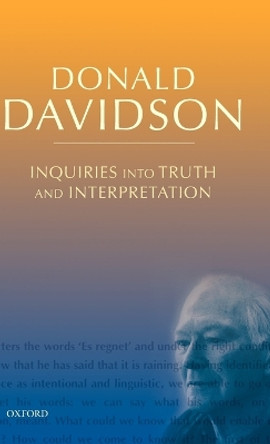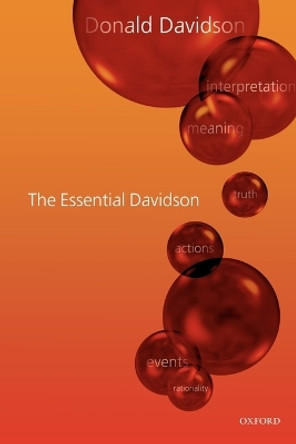Description
According to many commentators, Davidson's earlier work on philosophy of action and truth-theoretic semantics is the basis for his reputation, and his later forays into broader metaphysical and epistemological issues, and eventually into what became known as the triangulation argument, are much less successful. This book by two of his former students aims to change that perception. In Part One, Verheggen begins by providing an explanation and defense of the triangulation argument, then explores its implications for questions concerning semantic normativity and reductionism, the social character of language and thought, and skepticism about the external world. In Part Two, Myers considers what the argument can tell us about reasons for action, and whether it can overcome skeptical worries based on claims about the nature of motivation, the sources of normativity and the demands of morality. The book reveals Davidson's later writings to be full of innovative and important ideas that deserve much more attention than they are currently receiving.
About the Author
Robert H. Myers is Professor of Philosophy at York University, Canada. Claudine Verheggen is Associate Professor of Philosophy at York University, Canada.
Reviews
"This book is an excellent piece of work, which shows that Davidson's thinking on interpretation can illuminate a number of issues in contemporary epistemology and ethics. I am less sure that Davidson's approach can give us the basis of a genuine moral realism and a genuine epistemological anti-skepticism. But the greatness of a philosopher lies in the fact that even when one disagrees with him, his thought can still be a starting point for further inquiries. Claudine Verheggen and Robert Myers perform this task remarkably." - Notre Dame Philosophical Reviews
Book Information
ISBN 9781138346734
Author Robert H. Myers
Format Paperback
Page Count 214
Imprint Routledge
Publisher Taylor & Francis Ltd
Weight(grams) 362g







